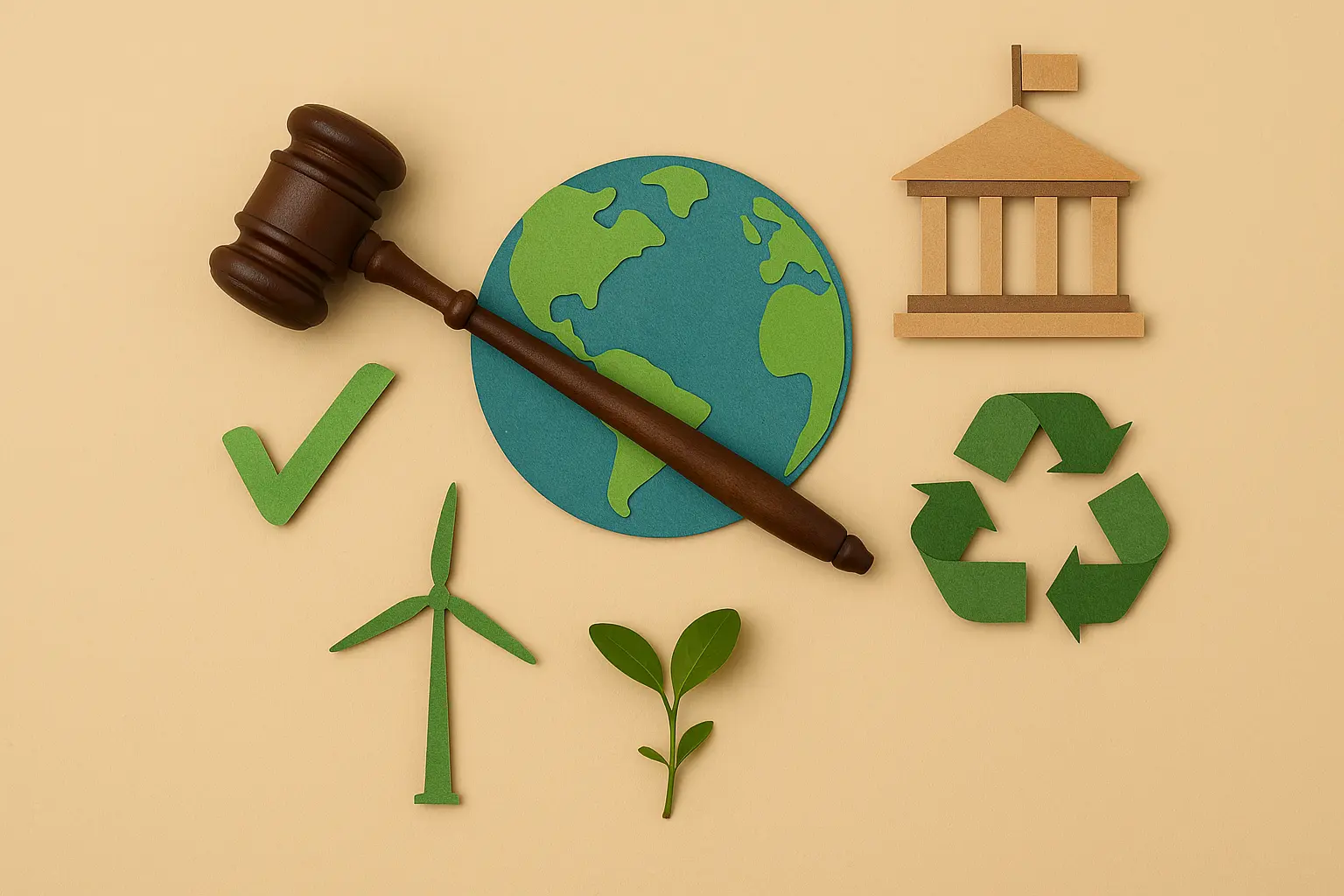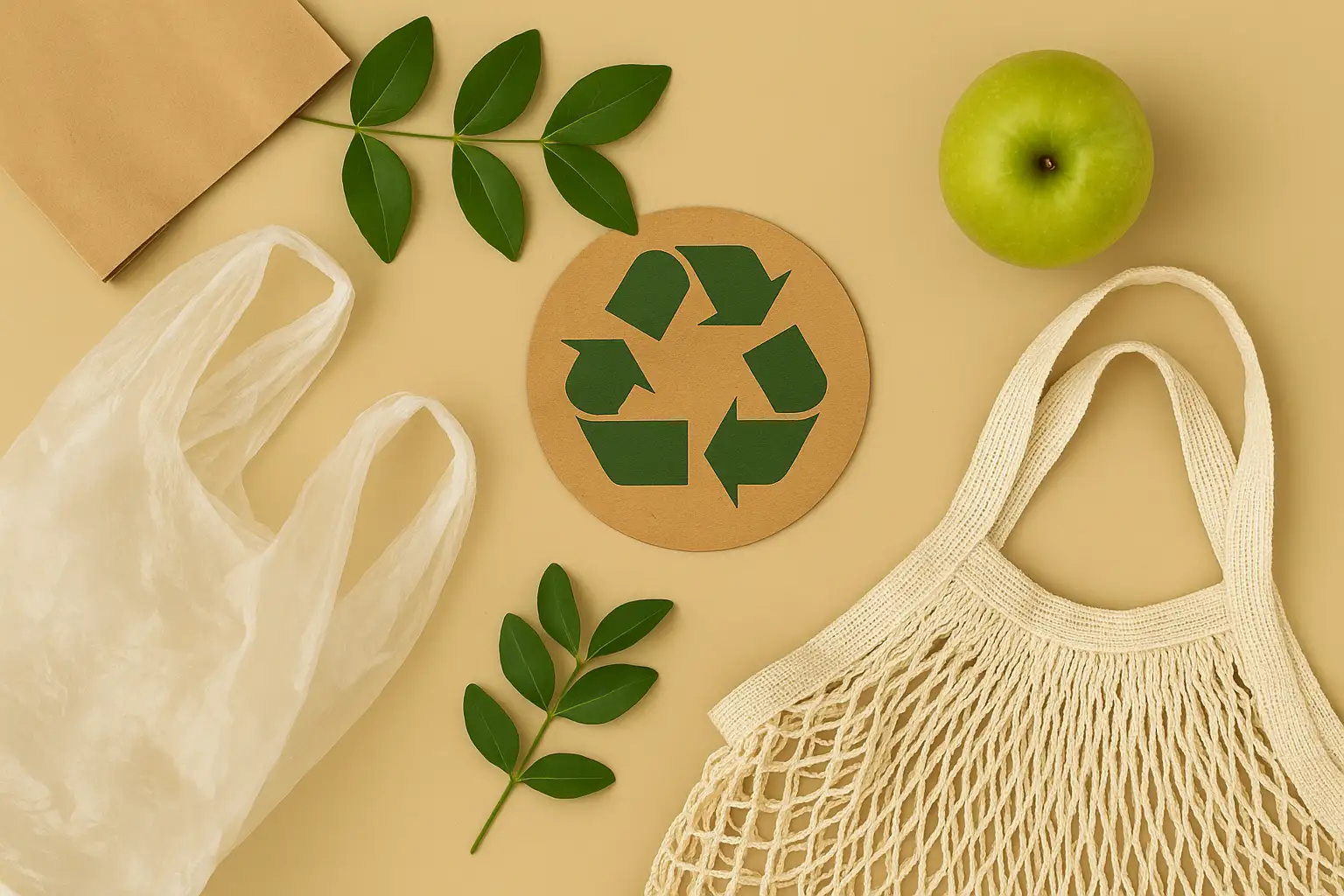Unmasking the Emerald Lie: Your Guide to Spotting and Avoiding Corporate Greenwashing

In an era of heightened environmental awareness, businesses are increasingly eager to portray themselves as eco-conscious. Consumers are demanding sustainable products and practices, and companies are responding – or at least, appearing to respond. However, beneath the veneer of green marketing often lies a deceptive practice known as greenwashing: the act of misleading consumers about a company's or a product's environmental benefits. Falling prey to greenwashing can not only lead to ineffective purchasing decisions but also undermine genuine efforts towards sustainability.
This exploration serves as your comprehensive guide to understanding, identifying, and avoiding corporate greenwashing. We will delve into the common tactics employed by companies, providing you with practical advice and actionable tips to become a more discerning and informed consumer. Our objective is to thoroughly educate you on this deceptive practice, encouraging and inspiring you to look beyond superficial claims and support businesses that demonstrate genuine environmental commitment. By equipping yourself with the knowledge to spot greenwashing, you can make purchasing decisions that truly align with your values and contribute to a more sustainable future.
The Tactics of Deception: Recognizing Common Greenwashing Strategies
Companies employ a variety of tactics to create the illusion of environmental responsibility. Understanding these strategies is the first step in becoming a savvy consumer:
- The Hidden Trade-off: This tactic highlights a single environmental benefit while downplaying or ignoring other significant environmental impacts. For example, a product might be advertised as using recycled content but fails to mention its energy-intensive manufacturing process or non-recyclable packaging.
- Vagueness: Using ambiguous or poorly defined terms like "eco-friendly," "natural," or "green" without providing specific details or certifications. These terms lack clear meaning and can mislead consumers into believing a product is more sustainable than it actually is.
- Irrelevance: Making claims that may be truthful but are irrelevant or legally required. For instance, advertising a product as "CFC-free" when CFCs have been banned for decades doesn't indicate any genuine environmental effort.
- Lesser of Two Evils: Promoting a product as environmentally friendly simply because it is slightly less harmful than a conventional alternative, even if it is still environmentally damaging. For example, an energy-efficient SUV is still a gas-guzzling vehicle with a significant carbon footprint.
- Fibbing (False Labels): Making outright false or unsubstantiated environmental claims, often using misleading imagery or logos that suggest third-party certification when none exists.
- The Worshiping False Labels: Creating fake logos or certifications that resemble genuine eco-labels to deceive consumers into thinking a product meets certain environmental standards.
- The Implausible Claim: Making environmental claims that are simply not believable or scientifically inaccurate.
- No Proof: Failing to provide readily accessible evidence or third-party verification to support their environmental claims. Reputable companies will often provide data, reports, or certifications on their websites or product packaging.
- Focusing on Minor Attributes: Highlighting insignificant environmental features while ignoring larger, more impactful issues. For example, boasting about recyclable packaging while the product itself has a significant carbon footprint.
- Greenlighting by Association: Implying environmental responsibility through images of nature or by associating with environmental causes without demonstrating concrete sustainable practices within their own operations.
Becoming a Savvy Green Consumer: Practical Tips to Avoid Greenwashing
Equipping yourself with critical thinking skills and adopting a proactive approach can help you navigate the green marketing landscape and identify genuine sustainability efforts. Here are actionable tips to avoid falling prey to greenwashing:
- Look for Specifics, Not Just Vague Terms: Be wary of broad, undefined terms like "eco-friendly" or "sustainable." Instead, look for specific details about the product's environmental attributes, such as the percentage of recycled content, the type of sustainable materials used, or specific certifications.
- Seek Reputable Third-Party Certifications: Genuine eco-labels from recognized organizations (e.g., Energy Star, Fair Trade, USDA Organic, Forest Stewardship Council) provide a level of independent verification for environmental or ethical claims. Research the meaning and criteria behind these labels.
- Demand Transparency and Proof: Reputable companies should readily provide evidence to support their environmental claims. Look for data, reports, or certifications on their websites or product packaging. If the information is vague or difficult to find, be skeptical.
- Consider the Entire Product Lifecycle: Don't just focus on one aspect of a product's sustainability. Think about its entire journey, from raw material sourcing and manufacturing to packaging, transportation, use, and disposal. A truly sustainable product minimizes its environmental impact across all stages.
- Be Skeptical of Outlandish Claims: If an environmental claim sounds too good to be true, it probably is. Be wary of products promising miraculous or unsubstantiated environmental benefits.
- Research the Company's Overall Practices: Look beyond individual products and investigate the company's broader environmental record and commitments. Do they have company-wide sustainability goals? Are they transparent about their environmental impact reports?
- Support Companies with a Holistic Approach: Favor businesses that demonstrate a genuine commitment to sustainability across their entire operations, not just in a few select products or marketing campaigns.
- Be Wary of Excessive Green Imagery Without Substance: Pictures of nature or green color schemes don't automatically equate to environmental responsibility. Look for concrete evidence to back up any implied green claims.
- Question "Lesser of Two Evils" Marketing: Recognize that a product being slightly less harmful than a conventional alternative doesn't necessarily make it sustainable. Consider whether truly sustainable options exist.
- Educate Yourself Continuously: Stay informed about environmental issues and the meaning of different sustainability terms and certifications. The more you know, the better equipped you'll be to identify greenwashing.
By adopting a critical and informed approach to evaluating environmental claims, you can become a more empowered consumer, supporting businesses that are genuinely committed to sustainability and avoiding those that engage in deceptive greenwashing tactics. Your purchasing decisions have the power to drive real change, but only when they are based on truth and transparency. Let us move beyond the emerald lie and champion businesses that are truly working towards a greener future.
Related Blogs

Glimmers of Progress: Ten Policy Victories That Advanced Planetary Health in the Past Year
Insights on how environmental policy affects you (even if you don’t vote) in a sustainable way.

Decoding the Global Commitment: A Breakdown of the Paris Agreement and the Path Forward
Insights on a breakdown of the paris agreement (and what’s next) in a sustainable way.

Ban the Bag: Choosing Reusable Alternatives to Single-Use Plastic Carry Bags
Support local bans and global reduction by opting for cloth, jute, or foldable reusable bags.

Bank for a Better Future: Choosing Ethical Finance to Power a Cleaner Planet
Finance a cleaner planet by opting for ethical banks, green investment funds, and impact fintech.

Beyond the Ban: Navigating the Post-Plastic Bag Landscape Towards True Sustainability
Insights on banning plastic bags in a sustainable way.

Powering Change: Choosing Clean Energy Alternatives to Conventional Sources
Align with energy transition policies by opting for green providers, solar, or co-operatives.
Stay in the Loop
Get tips and insights tailored to your interests — no spam, just sustainability.